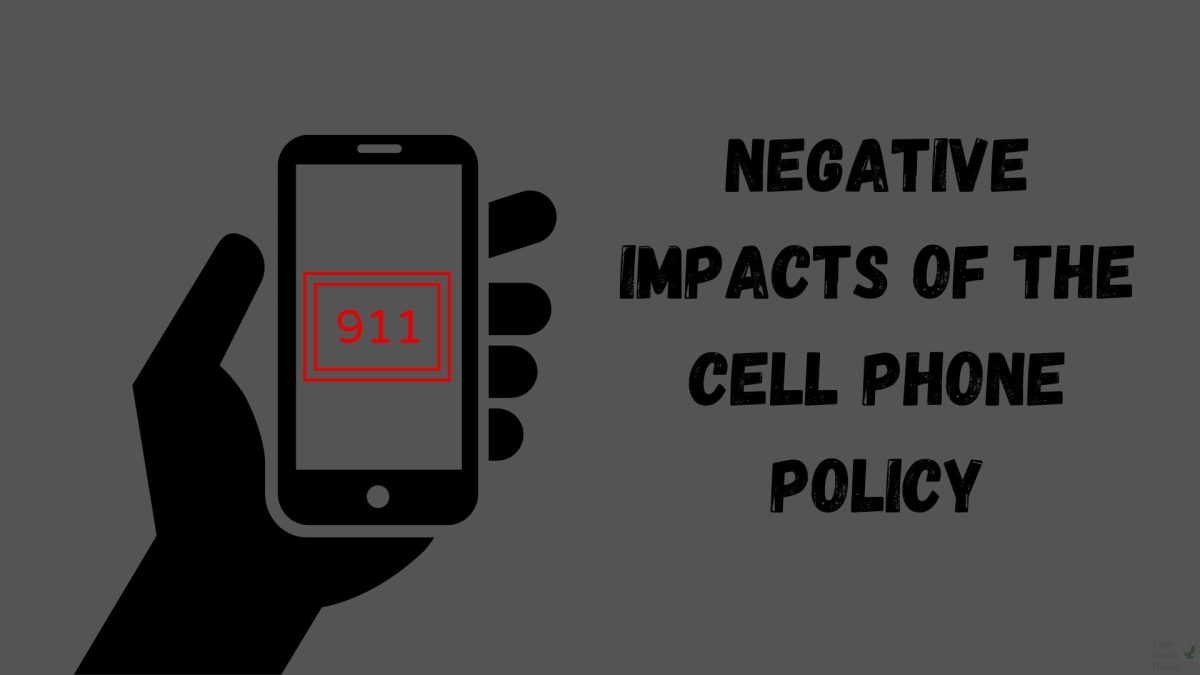A frequent topic of debate regarding students is cell phones. People argue that cell phones are too distracting during school hours or that they only cause harm. However, this fails to address the other side of the argument. Cell phones teach responsibility to students, help in times of emergencies, and provide opportunities for students with different needs. Even if cell phones are banned, there is no solid proof that students won’t just find other distractions.
Public school across the nation should allow phones to be kept.
Administrators claim that by banning cell phones, they are effectively stopping distractions in school. Even if this were true, how long would you force responsibility onto someone? Responsibility should come from each individual, and they should learn to know what’s wrong and what’s right. Sure, you can ban phones in high school to stop students from using them, but what about the rest of their lives? There are limits to how far a person can be taught. By allowing phones in a school environment, students learn personal responsibility.
In times of emergencies, phones provide crucial support. The sad reality is that our schools are not 100% safe. When phones are allowed in school, it gives parents peace of mind knowing their child can contact them in emergencies. A survey by National Parents Union found that 56% of parents support allowing cell phones in school due to safety concerns – particularly for emergency situations.Whether the phone is used to contact parents during serious threats or if the child does not feel well, it will be considered useful in times when the child needs their parent.
Phones in school can be used by students with different needs. Students with disabilities often rely on cell phones to communicate. They have specifically designed apps to communicate effectively or translate easily. For kids who don’t speak English, phones are another way to communicate by using apps such as Google Translate. As for the thousands of students who suffer from anxiety, phones are a safe haven that protects them from school-related stress. In the rough environment of high school, phones can often be seen as a safe haven to hide behind.
People argue that banning phones will stop distractions in school. However, this does not take into account a crucial point – banning phones will not stop students from merely finding other methods of distraction. They can use iPads, laptops, or any other electronic device. How far will this enforcement go? After a certain point, banning electronics is really not a solution. A recent study by Dr Maxi Heitmayer, a senior psychological professor, says, “Phones aren’t always the only problem. The world is filled with distractions, and often we go looking for them.” Banning phones will never be the solution, but rather the individual human has to build their own sense of accountability. Hence, leave phones in school, and leave each student to dictate their own lives.















